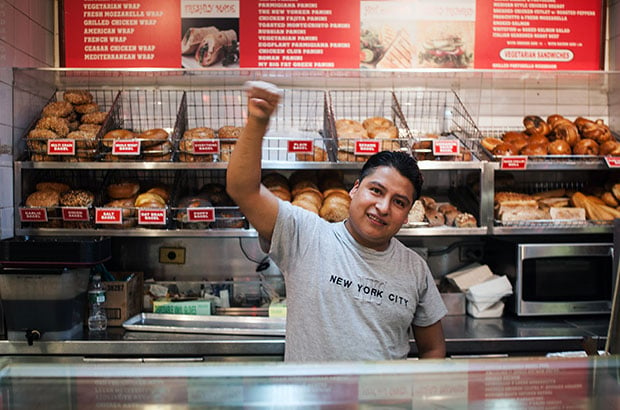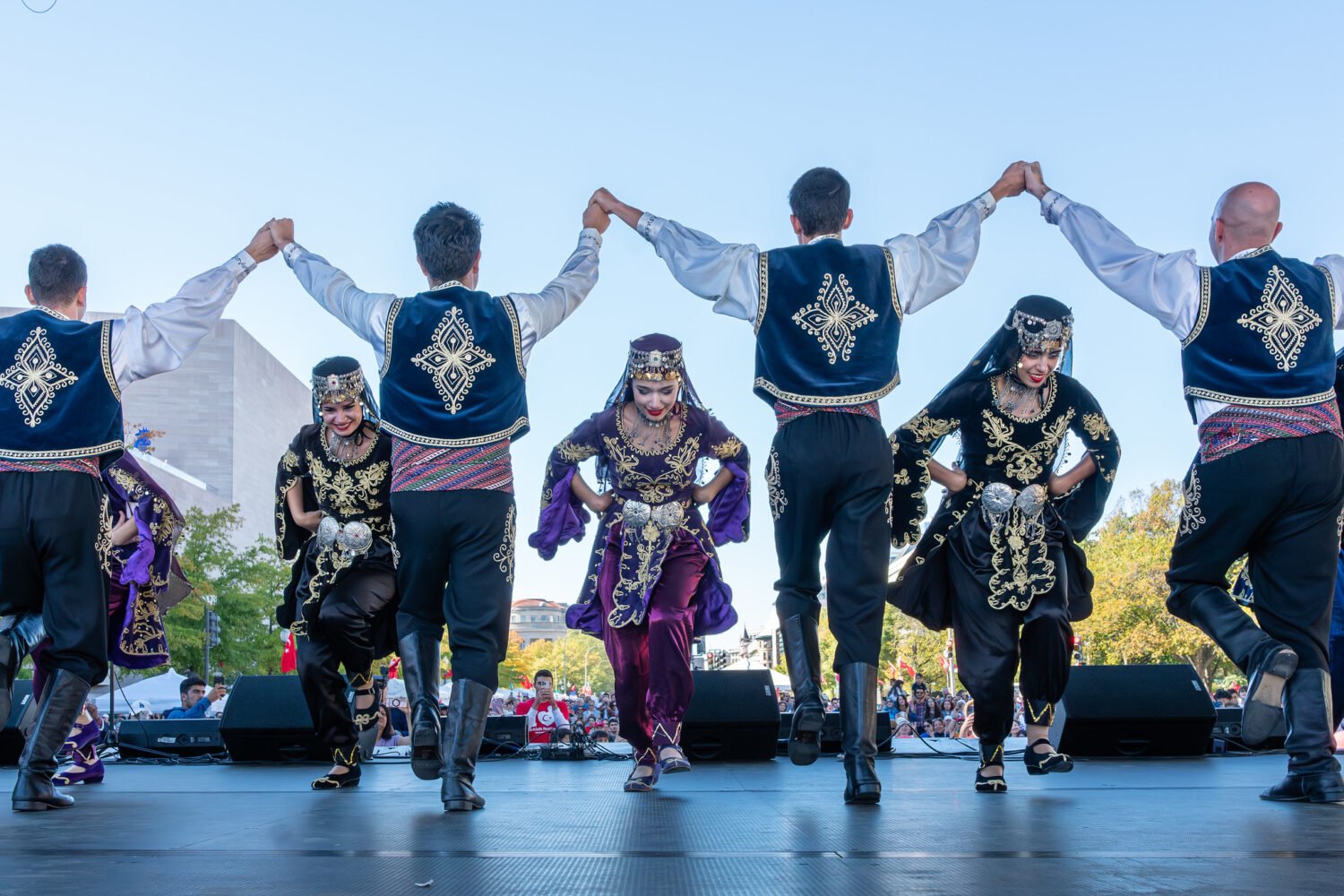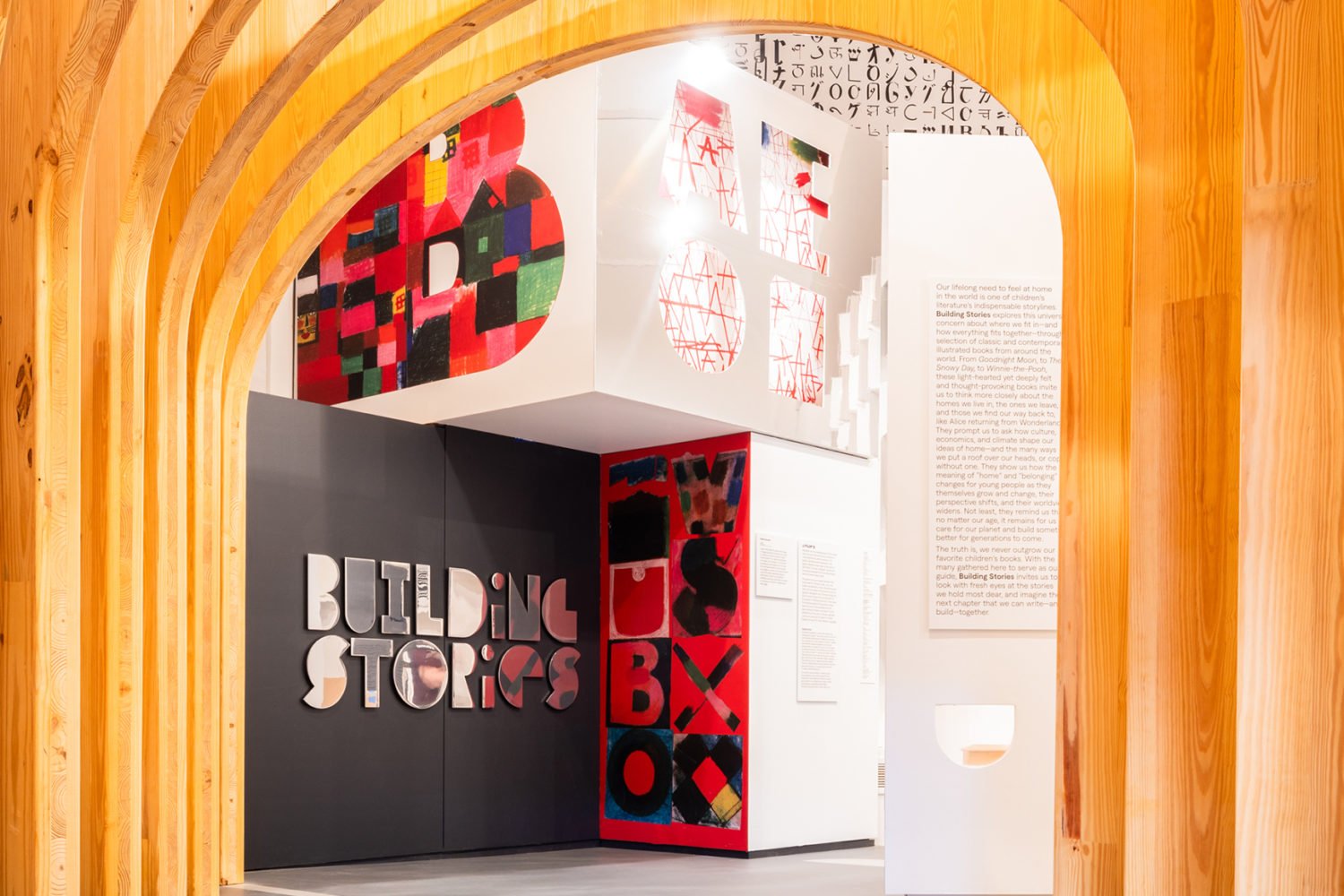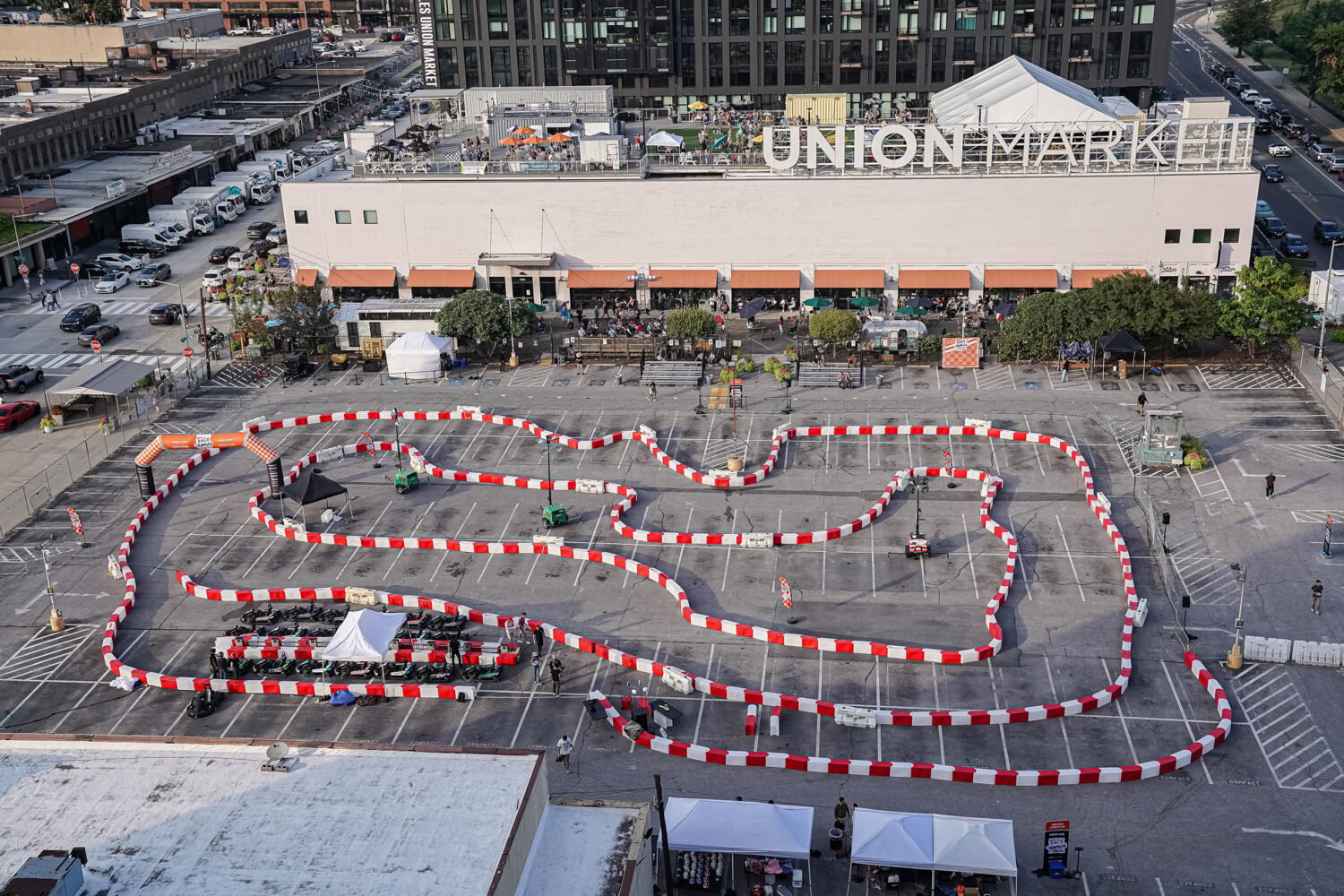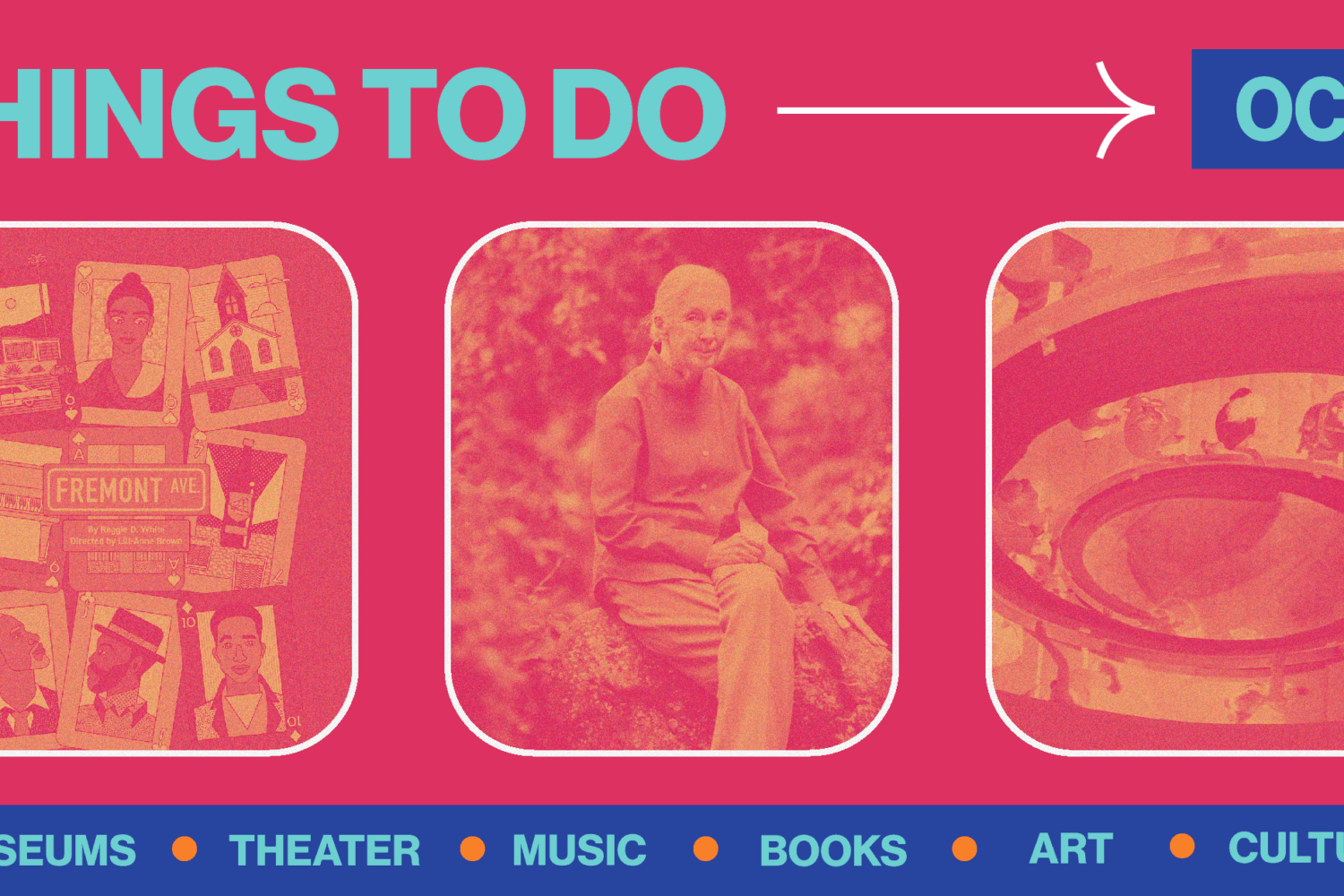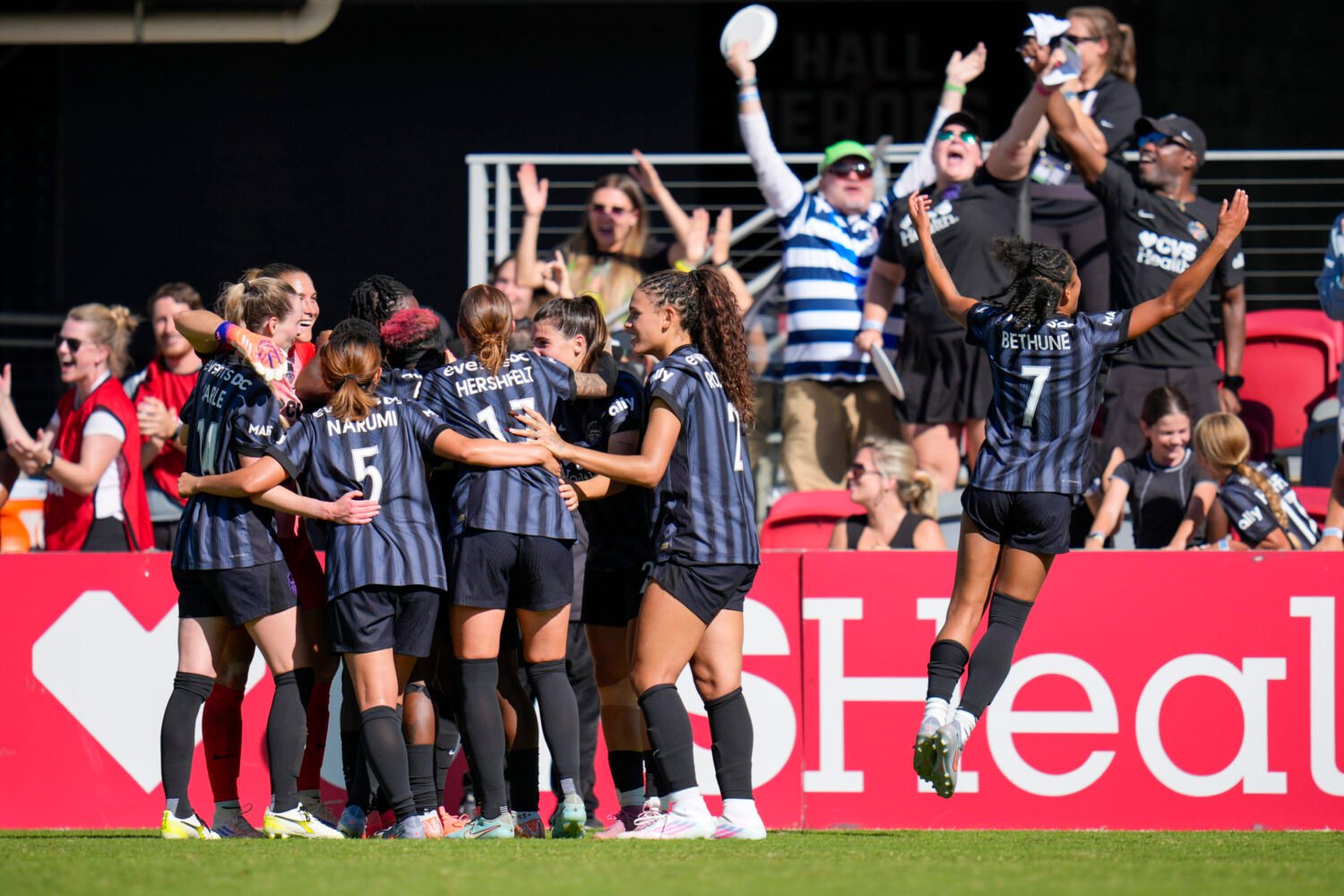Mahoma López, the protagonist in The Hand that Feeds, makes sandwiches on Manhattan’s Upper East Side. English is his second language. He’s soft-spoken and spends much of the time looking down at the ingredients he assembles. He’s someone customers can easily ignore.
You may realize, with some discomfort, that he’s someone you could easily ignore.
This is what makes López’s evolution into an impassioned, determined advocate for the rights of undocumented workers all the more poignant. Filmmakers Rachel Lears and Robin Blotnick follow him as he leads his coworkers at the Hot & Crusty cafe on 63rd Street—first in a push to unionize, then in a months-long struggle to secure a contract guaranteeing fair working conditions and wages. (The documentary opens with an older gentleman, a dishwasher named Margarito, counting a stack of bills. In total, he has been paid $290 for 60 hours of work, or less than $5 an hour. “We are undocumented, but that doesn’t mean they have to profit from our hunger,” reads a subtitle at the bottom of the screen.)
As the fight unfolds, Lears and Blotnick offer a look into the individual stories of the Hot & Crusty employees. Margarito came to the US with “a suitcase full of dreams.” He sends money home to his family, who stayed behind in Mexico. He vows to return to see his daughter graduate from college. López married an American woman of Puerto Rican descent, who disapproves of his newfound activist streak. She fears he’s putting himself at risk. López explains that they respectfully disagree on the matter.
The employees are funny, smart, and eloquent, committed to their jobs and to providing for their families. They’re believers in the great American possibility that their struggle may lead to a better future. No matter where your own views fall, the film’s personalization of the low-wage workers that sustain much of our economy is a necessary addition to the dialogue surrounding the issue of undocumented immigrants.
As a viewer, you’ll likely feel a bit exhausted by the time the credits roll. You’ll have witnessed the Hot & Crusty crew endure false hope and promises, abandonment by a friend and coworker, and the constant worry that their activism could get them arrested and deported. Be sure to remind yourself, when it’s all over, why they went to the trouble: to continue working as dishwashers and coffee- and sandwich-makers in a safe environment, for the compensation they’ve earned.
In other words, to get up and go to work, and to be treated fairly—something most of us take for granted every day.
Screening Friday, June 20, 4:45 PM at AFI Silver Theatre, and Saturday, June 21, 3:45 PM at the Goethe-Institut.
Return to AFI Docs page.

